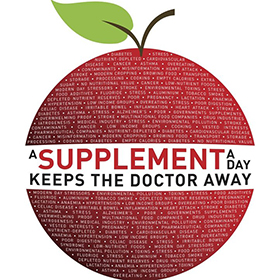
Childhood leukaemia is a major cause of death and suffering in kids today. While chemical exposure has been linked with increased rates of leukaemia this study also shows a strong link with low folic acid levels in mums and increased rates.
Folic acid and its derivates, known as folates, are chemoprotective micronutrients of great interest because of their essential role in the maintenance of health and genomic integrity. The supplementation of folic acid during pregnancy has long been known to reduce the risk of neural tube defects (NTDs) in the foetus. Folate metabolism can be altered by many factors, including adequate intake through diet. Folate deficiency can compromise the synthesis, repair and methylation of DNA, with deleterious consequences on genomic stability and gene expression.
This review focuses on the association between folate intake and the risk of childhood leukaemia. They show the documented effects of folates on the genens and their role in cancer prevention and progression. These changes are of crucial importance during pregnancy, as maternal diet has a profound impact on the metabolic and physiological functions of the foetus and the susceptibility to disease in later life. Folate deficiency is capable of modifying the methylation status of certain genes at birth in both animals and humans, with potential pathogenic and tumorigenic effects on the progeny.
Overall, maternal folic acid supplementation before and during pregnancy seems to confer protection against the risk of childhood leukaemia in the offspring. The optimal folic acid requirements and supplementation doses need to be established, especially in conjunction with other vitamins in order to determine the most successful combinations of nutrients to maintain genomic health and wellbeing. Further research is therefore needed to uncover the role of maternal diet as a whole, as it represents a main factor capable of inducing permanent changes in the foetus.
